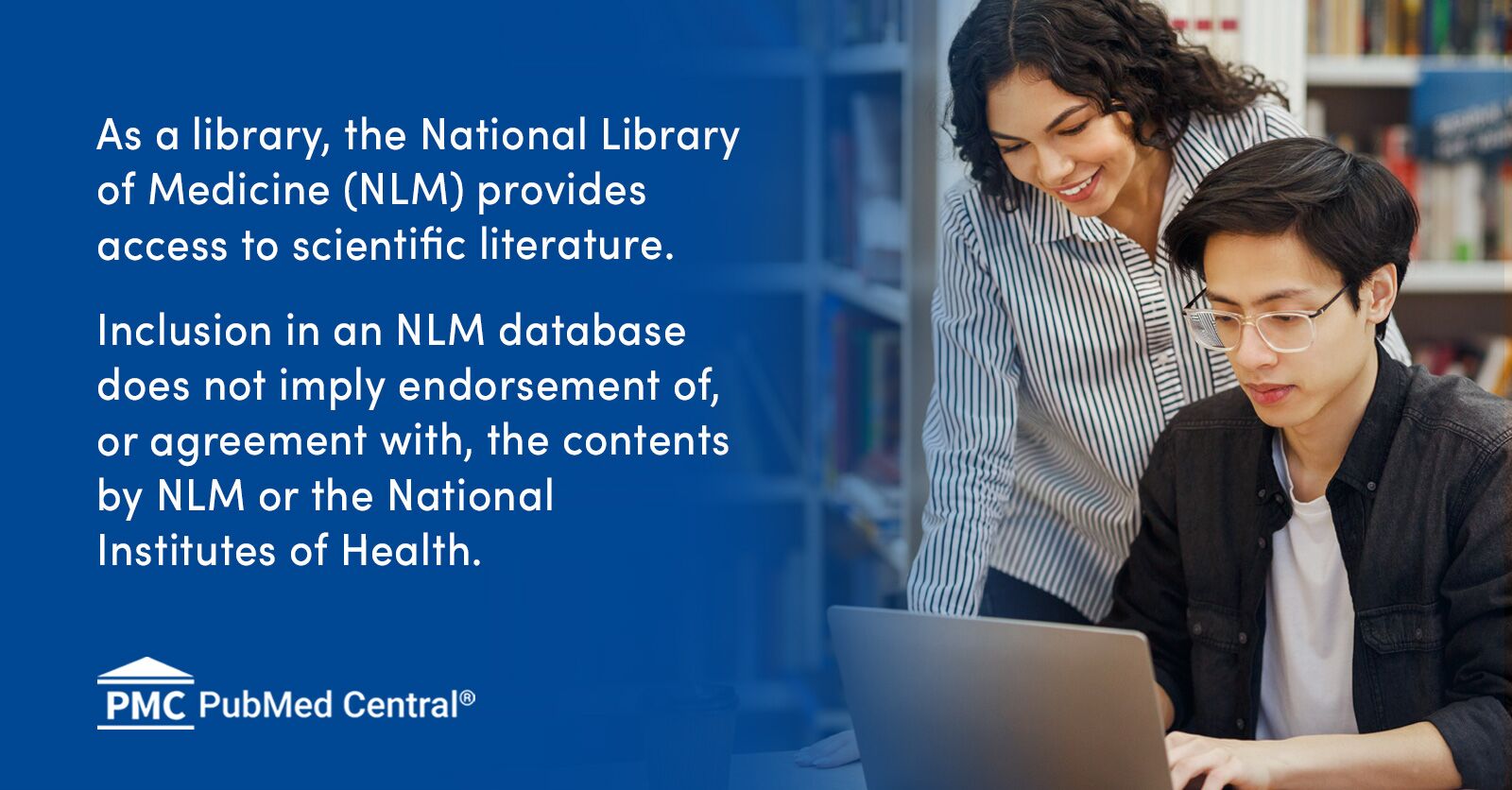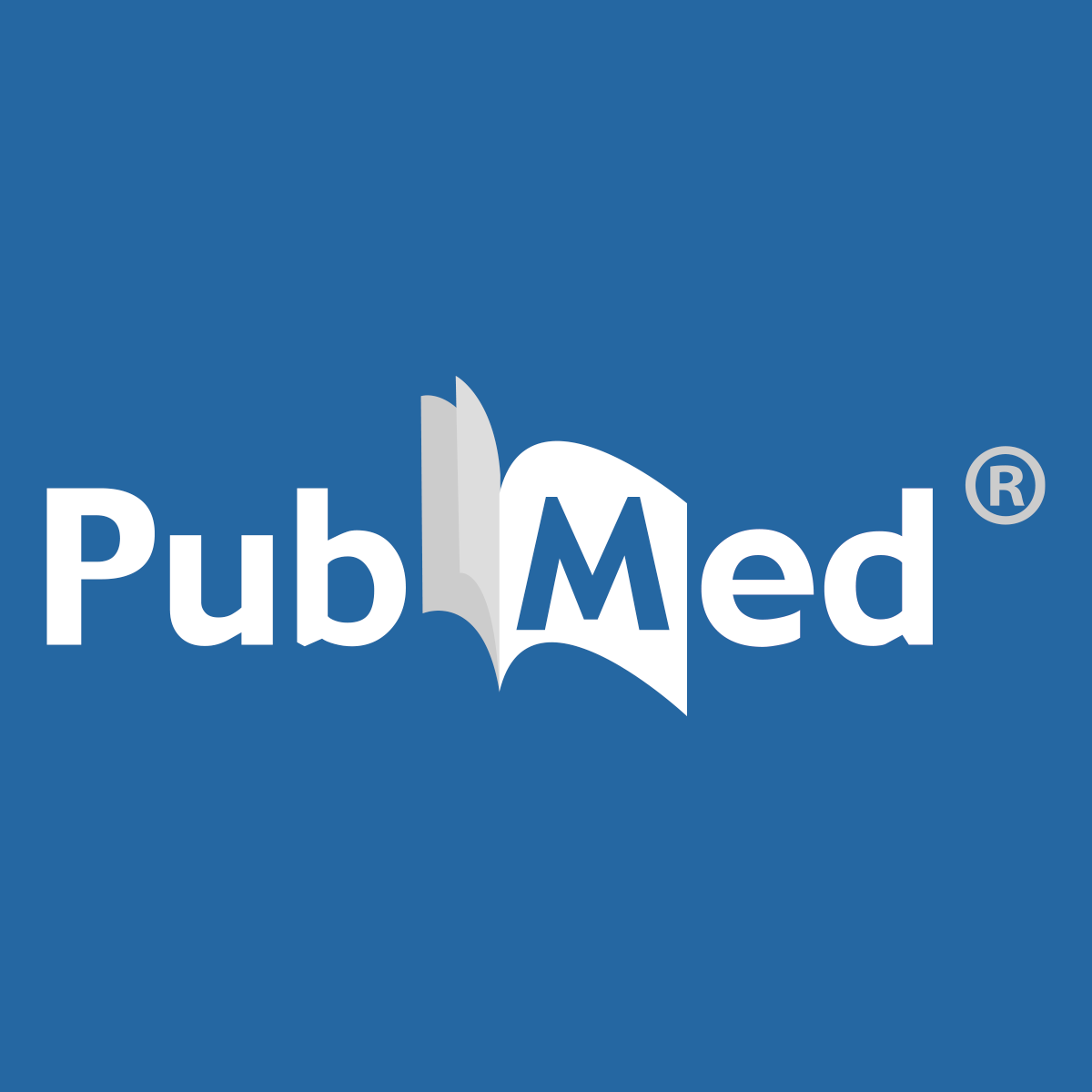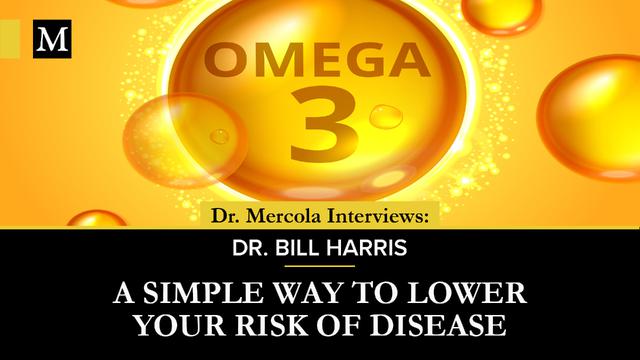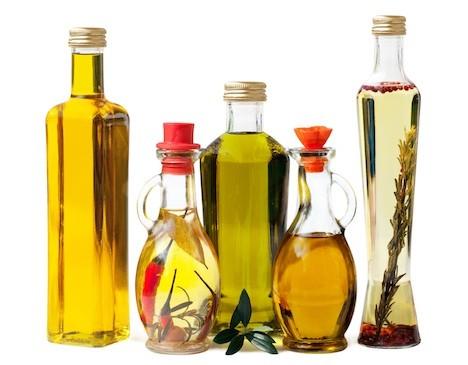Sinapi
Dagobah Resident
A variety of purslane used to grow wild on my grandpa's property in Southern California. Very drought tolerant plant. It's okay in a stir fry, kind of sour. While it has a lot of nutrients, it's also extremely high in oxalates, comparable to levels in spinach (1063mg/100g total oxalates raw, from Marek Doyle's oxalate calculator). Very bad if you're aiming for a low oxalate diet (less than 50 mg total oxalate per day). I would only eat it regularly if I were on the brink of starvation. I'll stick with fish oil and cod liver oil for omega 3s.Anybody tried the purslane ?
I ask as I have it in abundance (picture attached). When I read first time this post I looked for translation to romanian (result: purslane). I ask my wife if she knows this plant and is called "iarba grass" (fat weed) so it can be that has Omega 3.
But I am wondering how good it can do? (because is not part of carnivore diet)
If nobody tried it, I will do it :D

Purslane Weed (Portulaca oleracea): A Prospective Plant Source of Nutrition, Omega-3 Fatty Acid, and Antioxidant Attributes
Purslane (Portulaca oleracea L.) is an important plant naturally found as a weed in field crops and lawns. Purslane is widely distributed around the globe and is popular as a potherb in many areas of Europe, Asia, and the Mediterranean region. This plant ...
Purslane (Portulaca oleracea L.) is an important plant naturally found as a weed in field crops and lawns. Purslane is widely distributed around the globe and is popular as a potherb in many areas of Europe, Asia, and the Mediterranean region. This plant possesses mucilaginous substances which are of medicinal importance. It is a rich source of potassium (494 mg/100 g) followed by magnesium (68 mg/100 g) and calcium (65 mg/100 g) and possesses the potential to be used as vegetable source of omega-3 fatty acid. It is very good source of alpha-linolenic acid (ALA) and gamma-linolenic acid (LNA, 18 : 3 w3) (4 mg/g fresh weight) of any green leafy vegetable. It contained the highest amount (22.2 mg and 130 mg per 100 g of fresh and dry weight, resp.) of alpha-tocopherol and ascorbic acid (26.6 mg and 506 mg per 100 g of fresh and dry weight, resp.). The oxalate content of purslane leaves was reported as 671–869 mg/100 g fresh weight. The antioxidant content and nutritional value of purslane are important for human consumption. It revealed tremendous nutritional potential and has indicated the potential use of this herb for the future.









